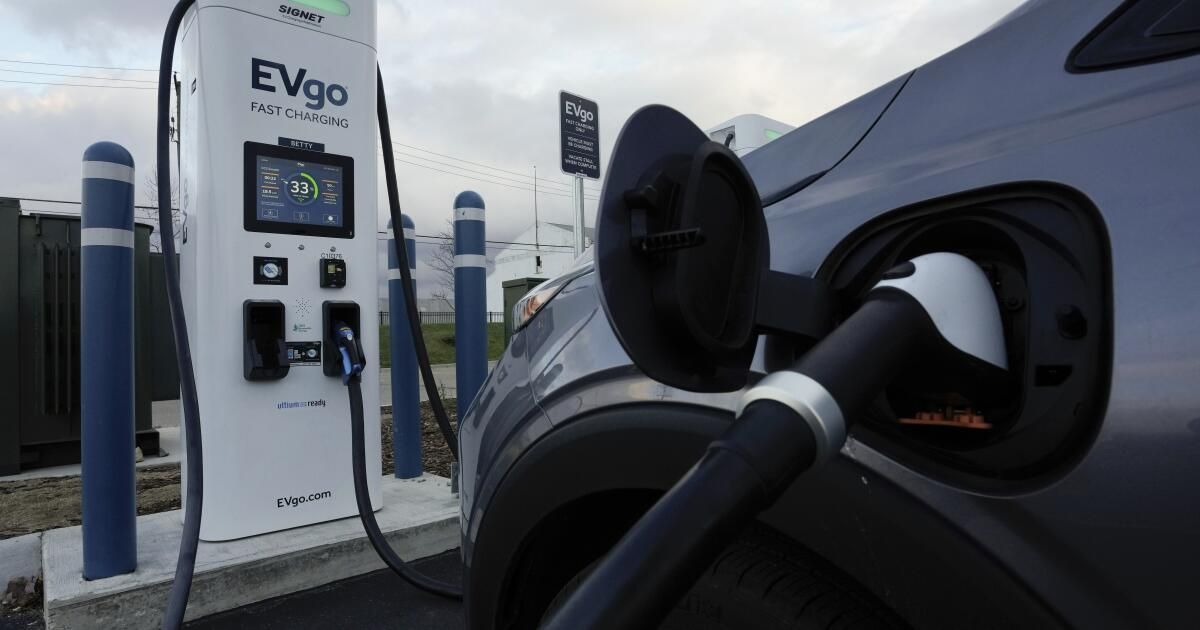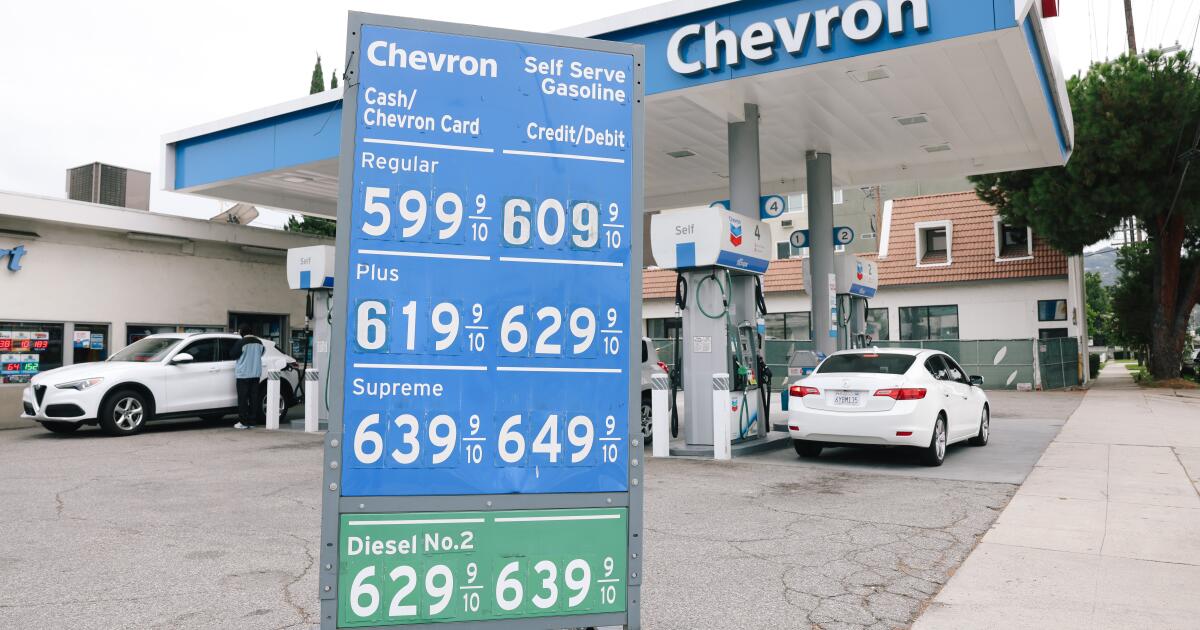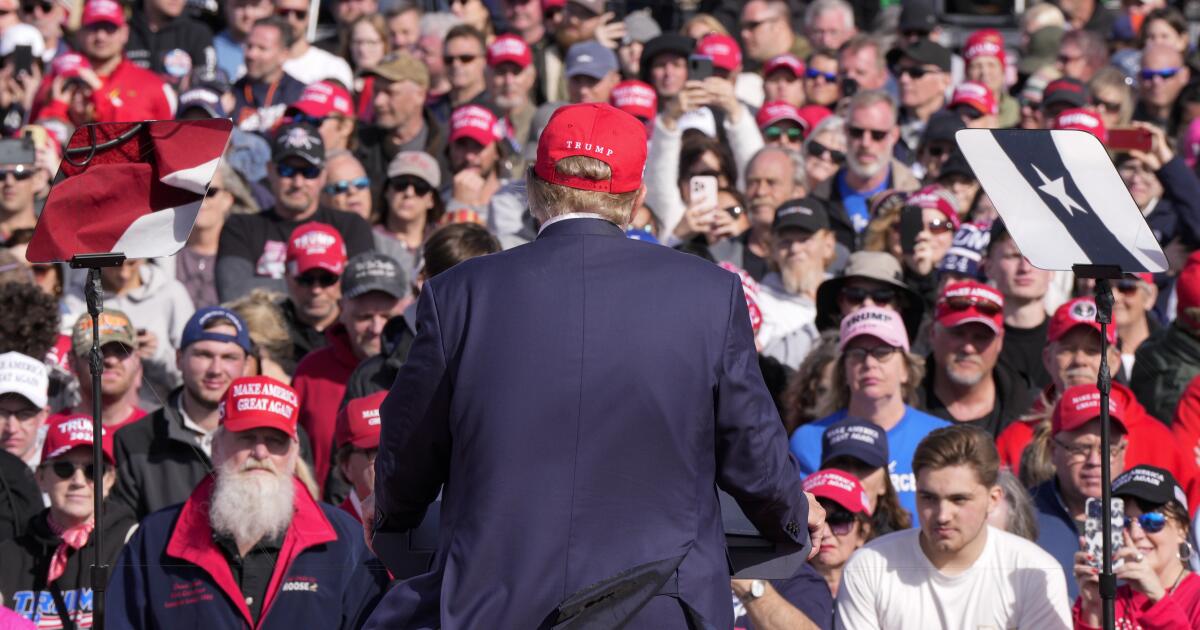To the editor: This was hidden at the end of his editorial about the US Environmental Protection Agency's upcoming (and perhaps revised) electric vehicle rules:
“Biden should… focus on removing the barriers that are holding back the adoption of electric vehicles. “Fixing the horrible state of the country’s vehicle charging network or simplifying the confusing system of tax credits and refunds would make it easier and more affordable for Americans to give up their gas-guzzling car.”
Agreed. But that's not an overnight proposal, and it's precisely why the EPA should moderate the pace of its original EV sales goal in the coming years to around 50% by 2030 (if reports are accurate).
Even then, it will be a challenge to meet those EV targets considering the scale of the industrial base transformation, the huge amounts of capital required (financed by automakers from the sale of internal combustion vehicles – that's Auto Economics 101) and change. Ultimately, it takes consumer behavior to be successful.
John Bozzella, Washington
The writer is president and CEO of the Alliance for Automotive Innovation, which advocates for automakers.
..
To the editor: Your editorial misses the key point: industrial policy always fails.
Production and consumption are defined by competition, tastes, technology and the cost of inputs, not by regulations. Markets decide what and how much is produced, bought and sold, and at what price. There are no short cuts.
The public authority does not have and will never have the information it would need to replace market functions or prescribe market outcomes. Neither does the LA Times.
Cars have indirect costs that we all want to avoid, including greenhouse gas emissions. If we use electronic tolls to impose these costs on each individual's travel choices, the benefits of any trip one chooses to take will always outweigh the costs.
James E. Moore II, Los Angeles
The writer is professor emeritus of transportation engineering at USC.
..
To the editor: Biden's reported plan to relax auto emissions standards is more an admission that the proposed new rules are totally unrealistic and unattainable than a concession to unions in an election year.
Today, electric vehicles account for 7% of new vehicle sales and the administration's current goal is 67% by 2032. There is no way we will get there.
Electric vehicle sales have stalled as the first adapters become available and the rest of the market is rejecting EVs due to price, charging difficulties and range anxiety. It has become more evident that the government cannot force the purchase of electric vehicles on American car buyers.
Glynn Morris, Savannah, Georgia.












